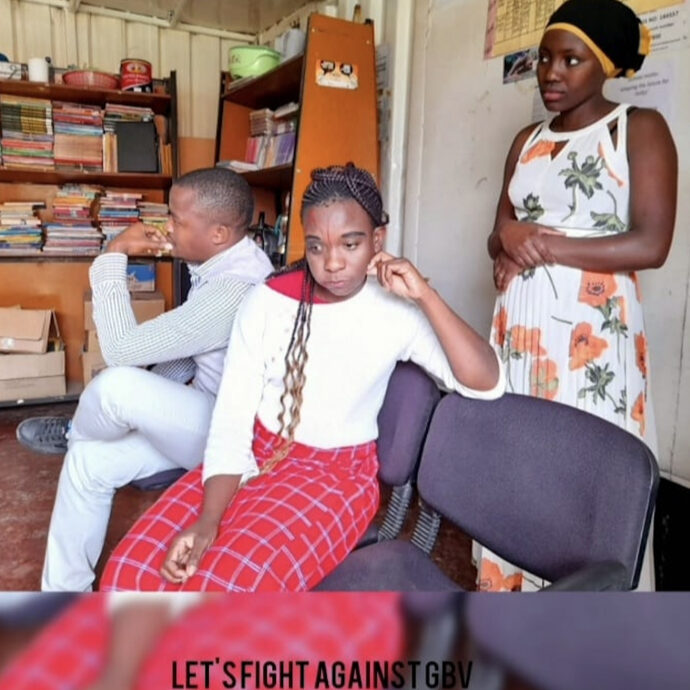Radio dramas are a staple part of African broadcast media and can open up dialogue about issues affecting communities across Africa.
That is according to Kenyan Ghetto FM radio presenter Hilda Akaali.
She points out that radio drama segments and oral storytelling across Africa is widely used to educate, conscientise, raise awareness and build tolerance.
“Oral storytelling remains important to the community because they educate our audiences on certain domestic topics that may seem hard for them to find solutions for,” Akaali said.
World Storytelling Day celebrated on March 20 is a global celebration of the art of oral storytelling. It’s also a day for people around the globe to listen and tell stories.
Oral storytelling is known in many African societies as a traditional practice and a narration of history and culture. Many of these stories have found a home on the airwaves.
Akaali highlighted that the current radio dramas aired are inspired by the lives and challenges of the community.
“The current radio dramas we are doing are on the themes of GBV like in “Tukomeshe dhhulma ya kijinsia”. We are also doing awareness on the importance of taking COVID-19 vaccine,” she said.

In Apartheid South Africa, radio dramas were a counter-voice to the mainstream representation of Black Africans, subverting the apartheid agenda with culturally rich and intriguing reflections of black life, explained Proffessor Liz Gunner in a News24 article.
“What was being made through this theatre of the air, broadcast to an urban and rural listening community including migrant hostel-dwellers, was a public intimacy that sustained daily life and fed the imagination. The dramas were a means of accessing the self in a turbulent and changing world,” wrote Gunner.
“It helps people learn and be familiar with different cultures of the different groups in Africa to promote peace among African countries,” said Akaali.
“The adoption of radio dramas is not only a reputed and effective strategy to communicate pressing issues but is also effective for engaging citizens on a raft of everyday life concerns through the lively dialogue,” she said.
“These stories help our audiences to feel free to discuss all the issues affecting them both on-air or one-on-one with journalists.”
Radio dramas play a major role in spreading stories which affect the average citizen and also help them find ways to solve problems and find justice.
“The community gains trust in each other and radio media as the relationship between the media and listeners strengthens,” said Akaali.
Weekday drama Thuthuzeleka dealt with negative attatitudes and misconceptions about sexual assault to supporting survivors of sexual assault by raising awareness and dialogue been seen as an educating programme not just entertainment.

